Ever wondered how much protein is in quinoa?
Let me break it down for you – a pound of quinoa contains about 54 to 60 grams of protein, depending on whether you’re measuring it cooked or uncooked.
But there’s a lot more to this tiny seed than just protein numbers. Let’s dive deeper into the quinoa protein question and figure out if this trendy superfood deserves a spot in your pantry.
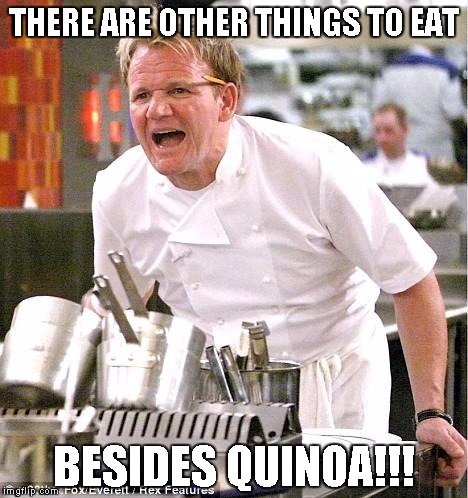
The Protein Power of Quinoa: What You Need to Know
So I was meal prepping the other day and wondered, “How much protein am I actually getting from this quinoa?”
Turns out, it’s more complicated than you might think. The protein content changes dramatically when you cook it (just like pasta or rice).
Here’s the breakdown:
- Uncooked quinoa: 1 pound (454g) contains about 54-60g of protein
- Cooked quinoa: 1 pound (454g) has around 20g of protein
Why the big difference? Water weight!
When you cook quinoa, it absorbs water and triples in volume. The protein doesn’t magically disappear – it’s just more spread out in the cooked version.
Why Quinoa Protein Is Special
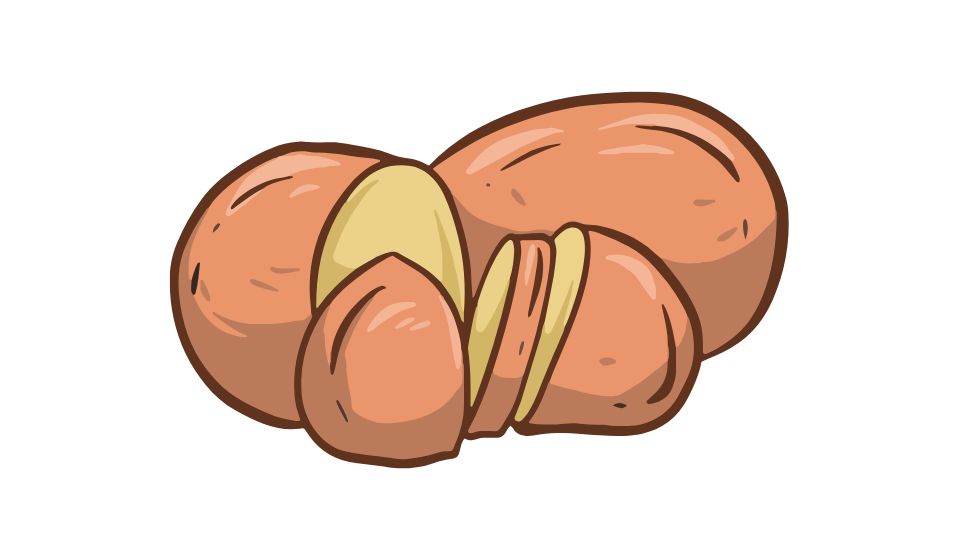
Quinoa isn’t just any protein source. It’s what nutrition nerds call a complete protein.
This means it contains all nine essential amino acids your body needs but can’t make on its own – a rare quality for plant foods. That’s why it’s become a staple for many vegetarians and vegans looking to meet their protein needs.
The amino acid profile includes:
- Leucine (helps with muscle growth)
- Lysine (most grains lack this one!)
- Phenylalanine
- Valine
- And others that help with everything from muscle repair to metabolism
Honestly, quinoa makes rice look nutritionally basic in comparison.
Cooked vs. Uncooked: The Numbers Game
Let’s get specific about quinoa’s protein content:
Uncooked quinoa:
- 1/4 cup = ~6g protein
- 1 cup (170-185g) = ~24g protein
- 1 pound (454g) = ~54-60g protein
Cooked quinoa:
- 1 cup (185g) = ~8g protein
- 1 pound (454g) = ~20g protein
The difference is huge! So when someone asks “how much protein is in quinoa?” – the first question should be “cooked or uncooked?” Otherwise, you might be way off in your calculations.
Beyond Protein: The Full Nutritional Picture
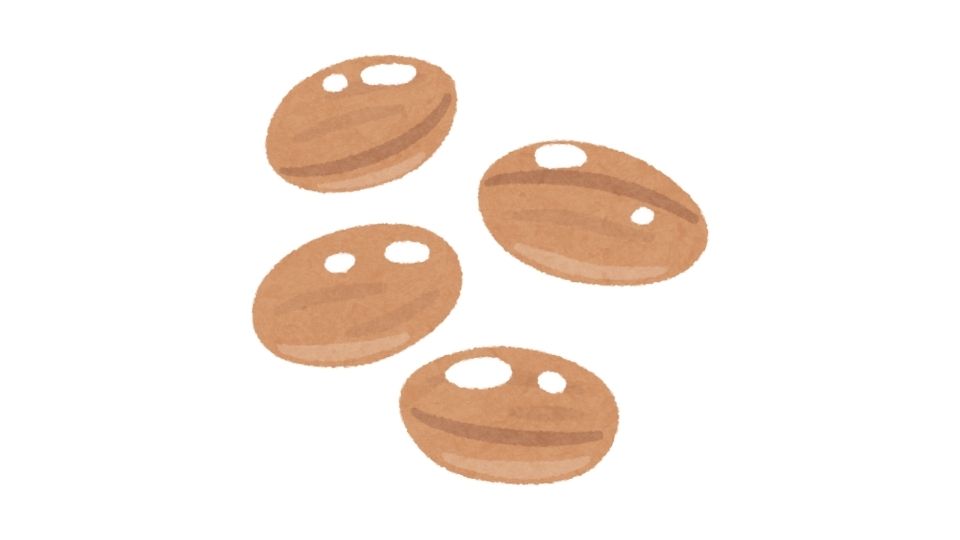
While we’re obsessing about protein, let’s not forget everything else quinoa brings to the table:
One cup of cooked quinoa (185g) delivers:
- 220-222 calories
- 8g protein
- 39g carbs
- 5g fiber
- 3.5g fat
Plus a bunch of minerals like magnesium, iron, zinc, and manganese, along with B vitamins.
Quinoa also has a relatively low glycemic index of around 53, which means it won’t spike your blood sugar like some other carbs. That’s a win for stable energy levels and avoiding those mid-afternoon crashes.
The Practical Side: Using Quinoa in Your Diet
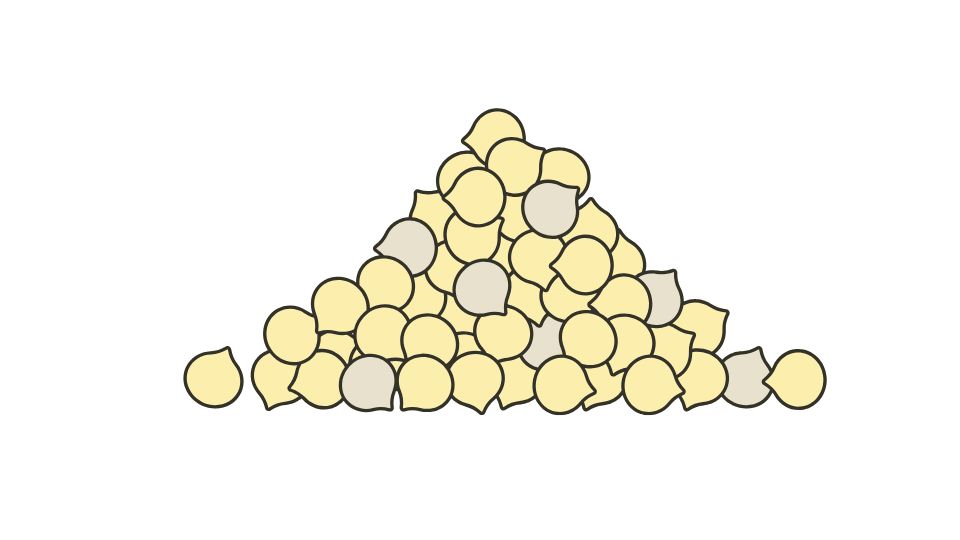
If you’re tracking macros (protein, carbs, fat), quinoa can be a great addition. It’s not going to replace chicken breast as your main protein source, but it’s definitely an upgrade from white rice or pasta.
Here’s how I use it:
- Meal prep base: I’ll cook a big batch on Sunday to use throughout the week
- Protein booster: I add it to salads for extra nutrition
- Post-workout meal: Paired with some additional protein, it makes a great recovery meal
The biggest mistake people make is treating quinoa like it’s purely a protein source. It’s primarily a carb with a nice protein bonus.
So if you’re aiming for high-protein meals, you’ll still want to add some chicken, tofu, or beans to your quinoa bowl.
Measuring Matters: Don’t Get Confused
A common question I get: “Should I measure quinoa before or after cooking?”
For the most accurate tracking:
- Measure uncooked for precise calorie and macro counting
- Be consistent with your approach
Remember that 1/2 cup uncooked quinoa (about 85g) will yield around 1.5 cups cooked.
And despite what influencers might tell you, quinoa isn’t some magical weight loss food. It still has calories (about 222 per cup cooked), and those calories still count.
In Summary
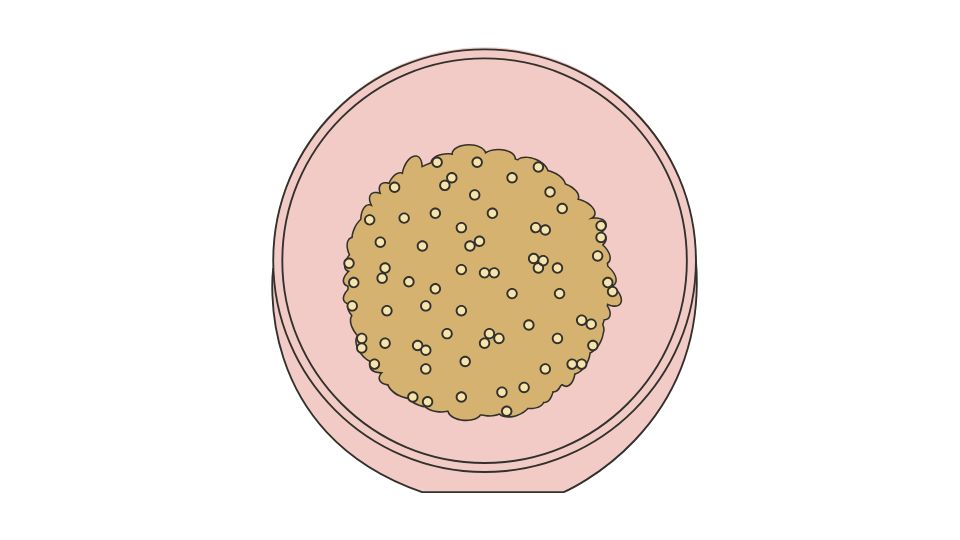
So does a pound of quinoa have 54-60g of protein? Yes, if it’s uncooked. No, if it’s cooked (then it’s about 20g).
Either way, quinoa deserves its superfood status. It’s not going to single-handedly solve your protein needs, but it’s definitely a nutritional upgrade from most grains.
If you’re looking to boost your protein intake, quinoa can play a supporting role – just don’t expect it to be the star of the show. Pair it with other protein sources for a complete meal that will keep you full and fueled.
And next time someone at the gym brags about getting all their protein from quinoa, you can smile knowingly. Now you know the real deal.



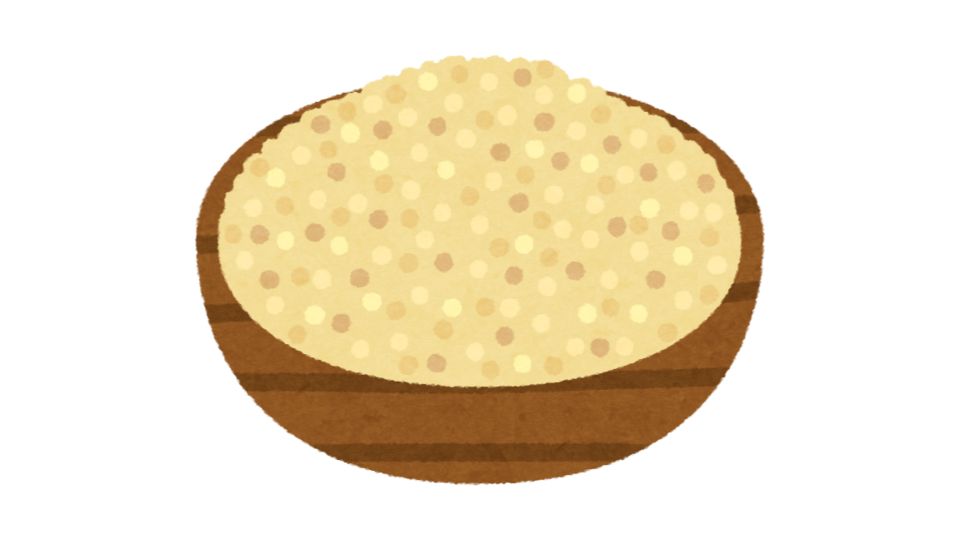
Leave a Reply